Western Union 2013 Annual Report Download - page 152
Download and view the complete annual report
Please find page 152 of the 2013 Western Union annual report below. You can navigate through the pages in the report by either clicking on the pages listed below, or by using the keyword search tool below to find specific information within the annual report.-
 1
1 -
 2
2 -
 3
3 -
 4
4 -
 5
5 -
 6
6 -
 7
7 -
 8
8 -
 9
9 -
 10
10 -
 11
11 -
 12
12 -
 13
13 -
 14
14 -
 15
15 -
 16
16 -
 17
17 -
 18
18 -
 19
19 -
 20
20 -
 21
21 -
 22
22 -
 23
23 -
 24
24 -
 25
25 -
 26
26 -
 27
27 -
 28
28 -
 29
29 -
 30
30 -
 31
31 -
 32
32 -
 33
33 -
 34
34 -
 35
35 -
 36
36 -
 37
37 -
 38
38 -
 39
39 -
 40
40 -
 41
41 -
 42
42 -
 43
43 -
 44
44 -
 45
45 -
 46
46 -
 47
47 -
 48
48 -
 49
49 -
 50
50 -
 51
51 -
 52
52 -
 53
53 -
 54
54 -
 55
55 -
 56
56 -
 57
57 -
 58
58 -
 59
59 -
 60
60 -
 61
61 -
 62
62 -
 63
63 -
 64
64 -
 65
65 -
 66
66 -
 67
67 -
 68
68 -
 69
69 -
 70
70 -
 71
71 -
 72
72 -
 73
73 -
 74
74 -
 75
75 -
 76
76 -
 77
77 -
 78
78 -
 79
79 -
 80
80 -
 81
81 -
 82
82 -
 83
83 -
 84
84 -
 85
85 -
 86
86 -
 87
87 -
 88
88 -
 89
89 -
 90
90 -
 91
91 -
 92
92 -
 93
93 -
 94
94 -
 95
95 -
 96
96 -
 97
97 -
 98
98 -
 99
99 -
 100
100 -
 101
101 -
 102
102 -
 103
103 -
 104
104 -
 105
105 -
 106
106 -
 107
107 -
 108
108 -
 109
109 -
 110
110 -
 111
111 -
 112
112 -
 113
113 -
 114
114 -
 115
115 -
 116
116 -
 117
117 -
 118
118 -
 119
119 -
 120
120 -
 121
121 -
 122
122 -
 123
123 -
 124
124 -
 125
125 -
 126
126 -
 127
127 -
 128
128 -
 129
129 -
 130
130 -
 131
131 -
 132
132 -
 133
133 -
 134
134 -
 135
135 -
 136
136 -
 137
137 -
 138
138 -
 139
139 -
 140
140 -
 141
141 -
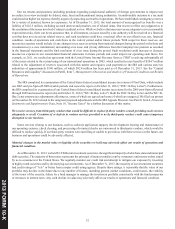 142
142 -
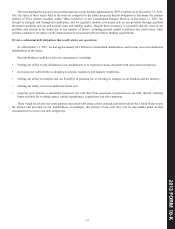 143
143 -
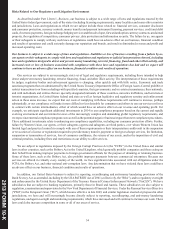 144
144 -
 145
145 -
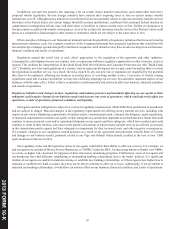 146
146 -
 147
147 -
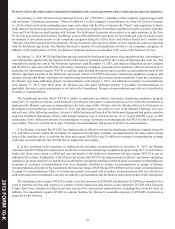 148
148 -
 149
149 -
 150
150 -
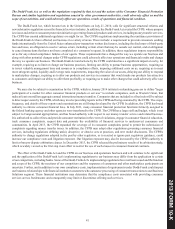 151
151 -
 152
152 -
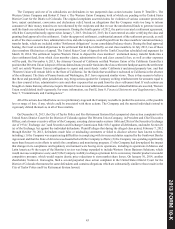 153
153 -
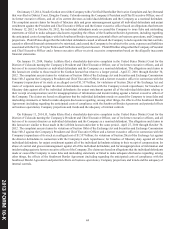 154
154 -
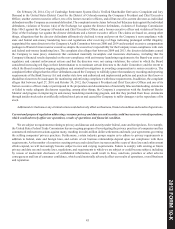 155
155 -
 156
156 -
 157
157 -
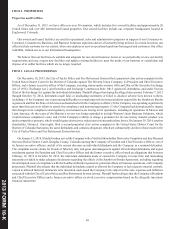 158
158 -
 159
159 -
 160
160 -
 161
161 -
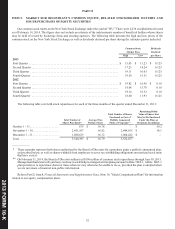 162
162 -
 163
163 -
 164
164 -
 165
165 -
 166
166 -
 167
167 -
 168
168 -
 169
169 -
 170
170 -
 171
171 -
 172
172 -
 173
173 -
 174
174 -
 175
175 -
 176
176 -
 177
177 -
 178
178 -
 179
179 -
 180
180 -
 181
181 -
 182
182 -
 183
183 -
 184
184 -
 185
185 -
 186
186 -
 187
187 -
 188
188 -
 189
189 -
 190
190 -
 191
191 -
 192
192 -
 193
193 -
 194
194 -
 195
195 -
 196
196 -
 197
197 -
 198
198 -
 199
199 -
 200
200 -
 201
201 -
 202
202 -
 203
203 -
 204
204 -
 205
205 -
 206
206 -
 207
207 -
 208
208 -
 209
209 -
 210
210 -
 211
211 -
 212
212 -
 213
213 -
 214
214 -
 215
215 -
 216
216 -
 217
217 -
 218
218 -
 219
219 -
 220
220 -
 221
221 -
 222
222 -
 223
223 -
 224
224 -
 225
225 -
 226
226 -
 227
227 -
 228
228 -
 229
229 -
 230
230 -
 231
231 -
 232
232 -
 233
233 -
 234
234 -
 235
235 -
 236
236 -
 237
237 -
 238
238 -
 239
239 -
 240
240 -
 241
241 -
 242
242 -
 243
243 -
 244
244 -
 245
245 -
 246
246 -
 247
247 -
 248
248 -
 249
249 -
 250
250 -
 251
251 -
 252
252 -
 253
253 -
 254
254 -
 255
255 -
 256
256 -
 257
257 -
 258
258 -
 259
259 -
 260
260 -
 261
261 -
 262
262 -
 263
263 -
 264
264 -
 265
265 -
 266
266 -
 267
267 -
 268
268 -
 269
269 -
 270
270 -
 271
271 -
 272
272 -
 273
273 -
 274
274
 |
 |

2013 FORM 10-K
42
Rules adopted under the Dodd-Frank Act by the Commodity Futures Trading Commission, as well as by member states of
the European Union pursuant to EMIR, have subjected our foreign exchange hedging transactions, including certain intercompany
hedging transactions, certain of the corporate interest rate hedging transactions that we may enter into in the future, and certain of
the foreign exchange derivative contracts we offer as part of our Business Solutions segment, to reporting, recordkeeping, and
other requirements. Additionally, certain of the corporate interest rate hedging transactions that we may enter into in the future are
subject to centralized clearing and margin requirements and certain of our other transactions may become so in the future. Our
implementation of these requirements has resulted in additional costs to our business and our failure to implement them correctly
could result in fines and other sanctions, as well as necessitate a temporary or permanent cessation to some or all of our hedging
activities, and possibly limit the types of derivative contracts we may offer as part of our Business Solutions segment. Any such
fines, sanctions or limitations on our business could adversely affect our operations and financial results. Further, we may become
subject to additional and potentially costly regulatory and supervisory requirements if we exceed derivative transaction thresholds
set forth in Dodd-Frank and EMIR, including subjecting our foreign exchange derivative transactions to centralized clearing and
margin requirements under EMIR. Governments outside of the United States and the European Union are also considering or have
begun to implement regulations similar to those described above and these will result in greater costs to us as well.
Western Union has been the subject of class-action litigation, and remains the subject of other litigation.
Western Union has been the subject of class-action litigation in the United States, alleging that its foreign exchange rate
disclosures failed to adequately inform consumers about the revenue that Western Union and its agents derive from international
remittances. These suits were all settled in or before 2004, without an admission of liability, and we have made changes in our
advertising and consumer forms. Future litigation may require that we modify our disclosures or our practices further. These
modifications could be costly to implement, restrict our ability to advertise or promote our services, limit the amount of our foreign
exchange income and/or change our consumers' behavior.
In addition, as a company that provides global financial services primarily to consumers, we could be subject to future class-
action lawsuits, other litigation or regulatory action alleging violations of consumer protection or other laws. We also are subject
to claims asserted by consumers based on individual transactions.
